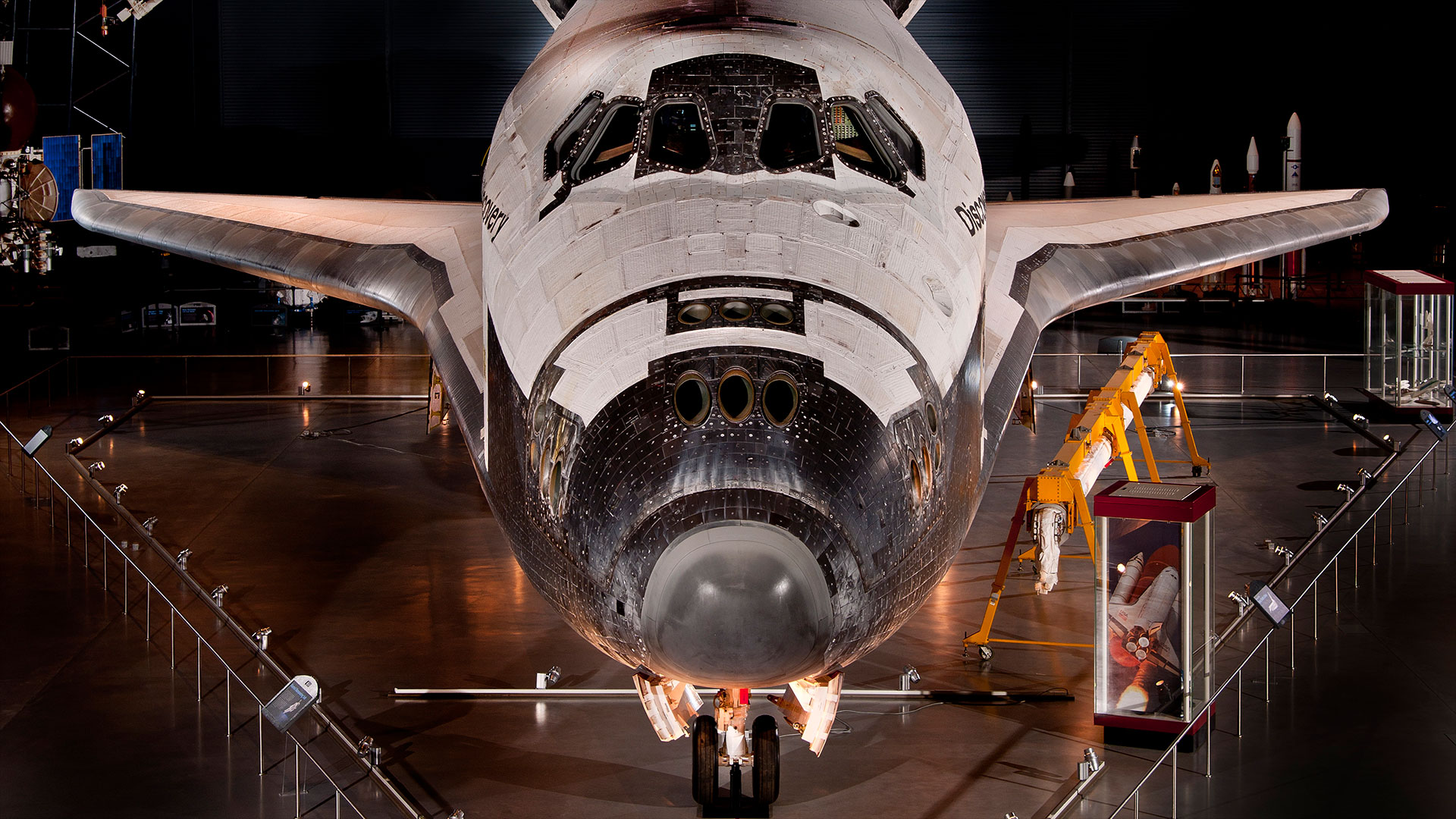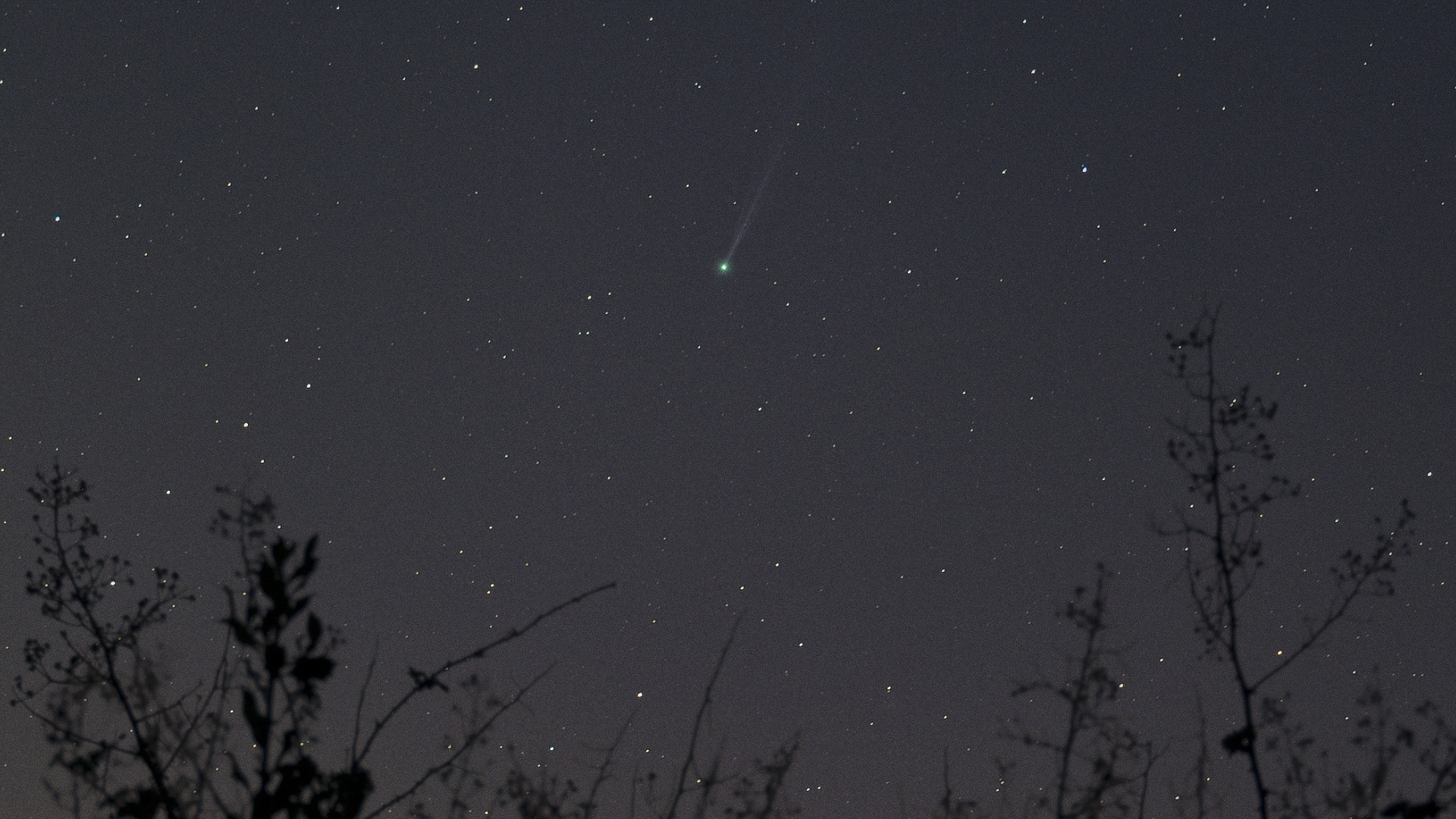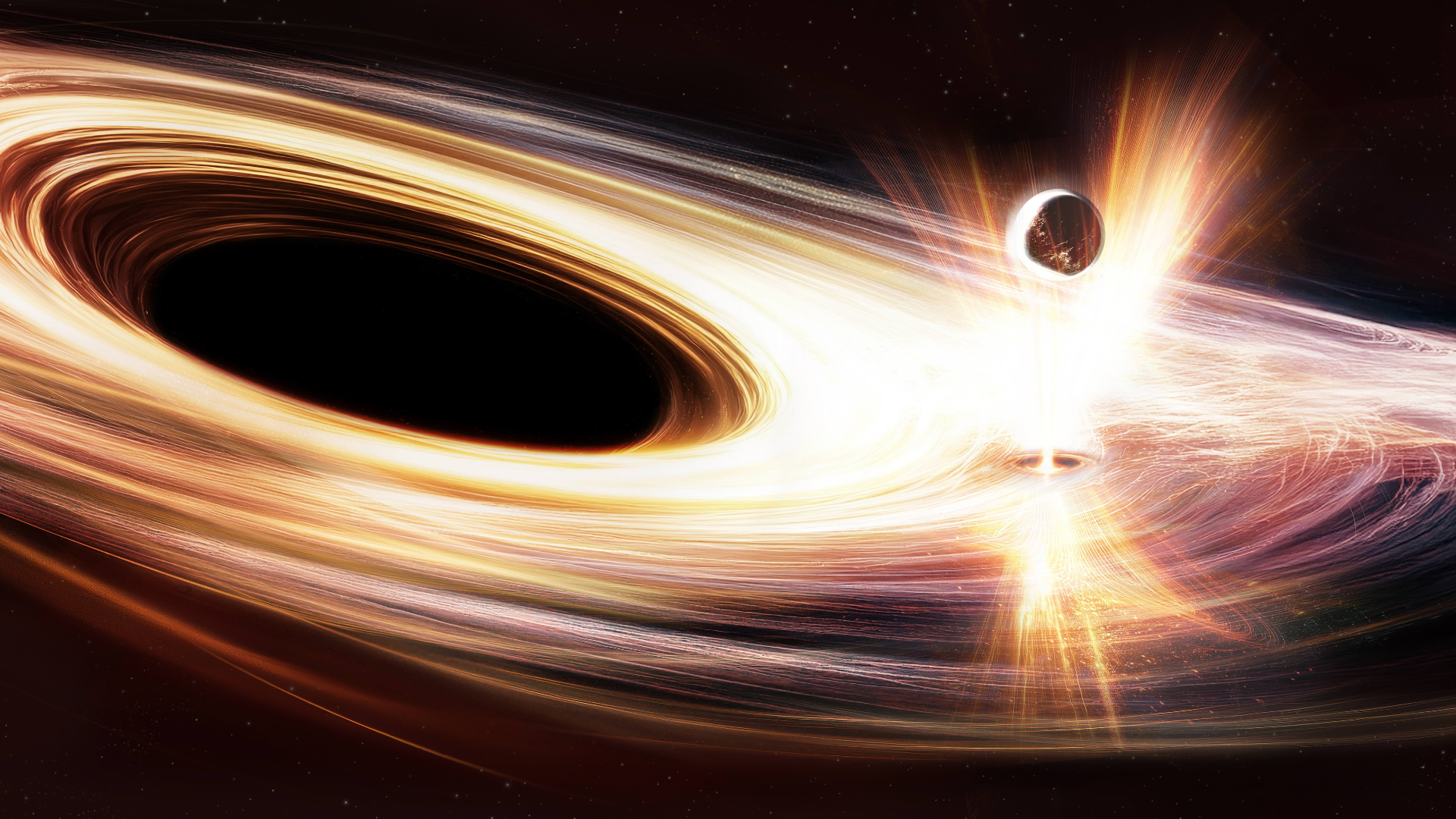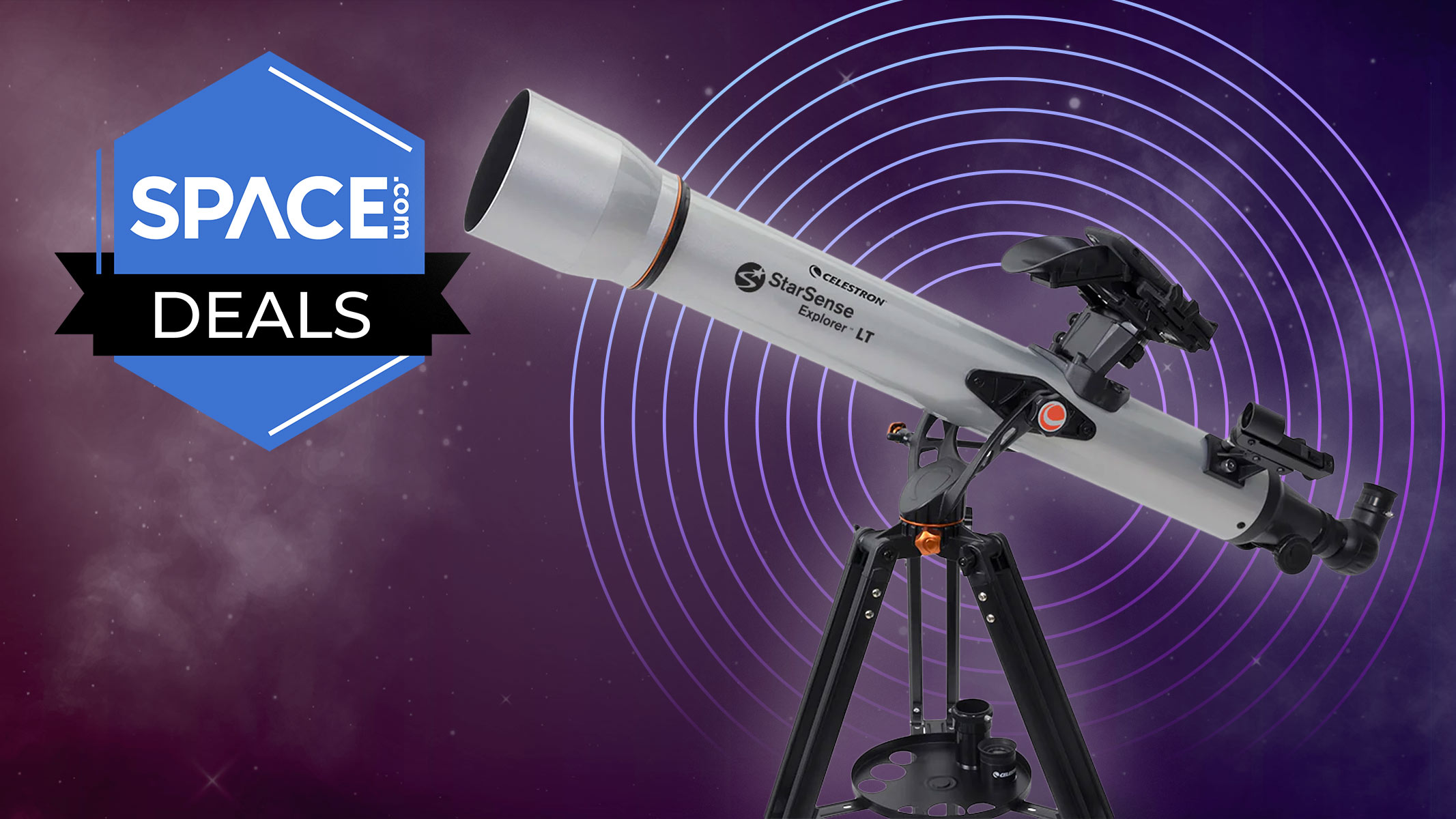China aims to boost low-cost space science with 'Innovation X' rideshare program
A new initiative aims to launch seven satellites per year on Lijian-1 solid rockets to promote space science research.
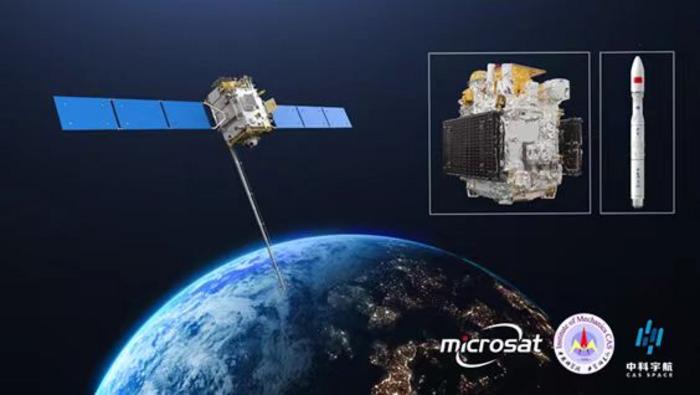
Two Chinese organizations, a satellite producer and a launch company, are teaming up to promote opportunities for space science experiments.
Dubbed the “Innovation X Scientific Flight” program, this project is touted as a low-cost space science and new technology experiments initiative. It was launched on July 27 and opens a worldwide call for new science payloads and products that require in-orbit verification.
Every year, the program plans to launch four scientific nanosatellites weighing 110 pounds (50 kilograms), two microsatellites weighing 220 pounds (100 kilograms) and one scientific experimental satellite weighing 1,320 pounds (600 kilograms). Each will be equipped with science payloads.
Related: China launches Fengyun-3F meteorological satellite to orbit
Both companies directly involved are affiliated with the Chinese Academy of Sciences (CAS) and include the Innovation Academy of Microsatellite (IAMCAS) and Zhongke Aerospace Exploration Technology Company, otherwise known as CAS Space. IAMCAS is a maker of small satellites, while CAS Space is a launch company spun off from CAS with ambitions to launch satellites into orbit and establish a space tourism business offering suborbital flights.
Innovation X is meant to “provide comprehensive and integrated launch services for global scientists, research institutions, universities, and space companies,” Zhang Yonghe, chief designer at IAMCAS, said in a statement. IAMCAS will provide its Innovation X satellite platform which can host a variety of payloads.
The satellites will launch on CAS Space’s Lijian-1 (Kinetica-1) solid rocket, which had a successful test flight in July 2022 and even briefly set the record for most satellites on a single Chinese launch with a follow-up flight in June earlier this year.
Get the Space.com Newsletter
Breaking space news, the latest updates on rocket launches, skywatching events and more!
“This joint effort of rockets and satellites seeks to establish a sustainable, cost-effective in-orbit verification model," Zhang said, "helping more scientists and technologists realize their space dreams."
Join our Space Forums to keep talking space on the latest missions, night sky and more! And if you have a news tip, correction or comment, let us know at: community@space.com.

Andrew is a freelance space journalist with a focus on reporting on China's rapidly growing space sector. He began writing for Space.com in 2019 and writes for SpaceNews, IEEE Spectrum, National Geographic, Sky & Telescope, New Scientist and others. Andrew first caught the space bug when, as a youngster, he saw Voyager images of other worlds in our solar system for the first time. Away from space, Andrew enjoys trail running in the forests of Finland. You can follow him on Twitter @AJ_FI.
